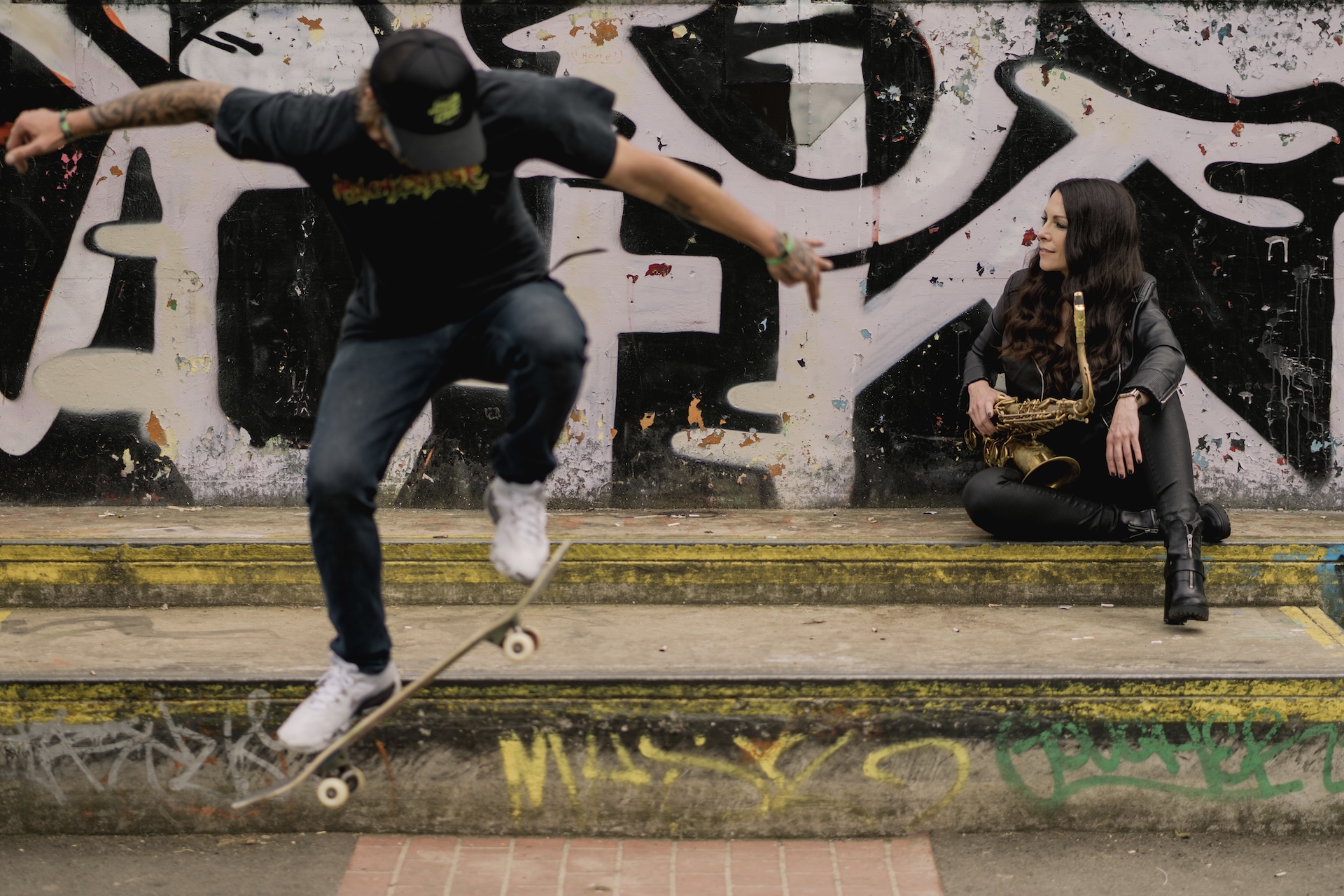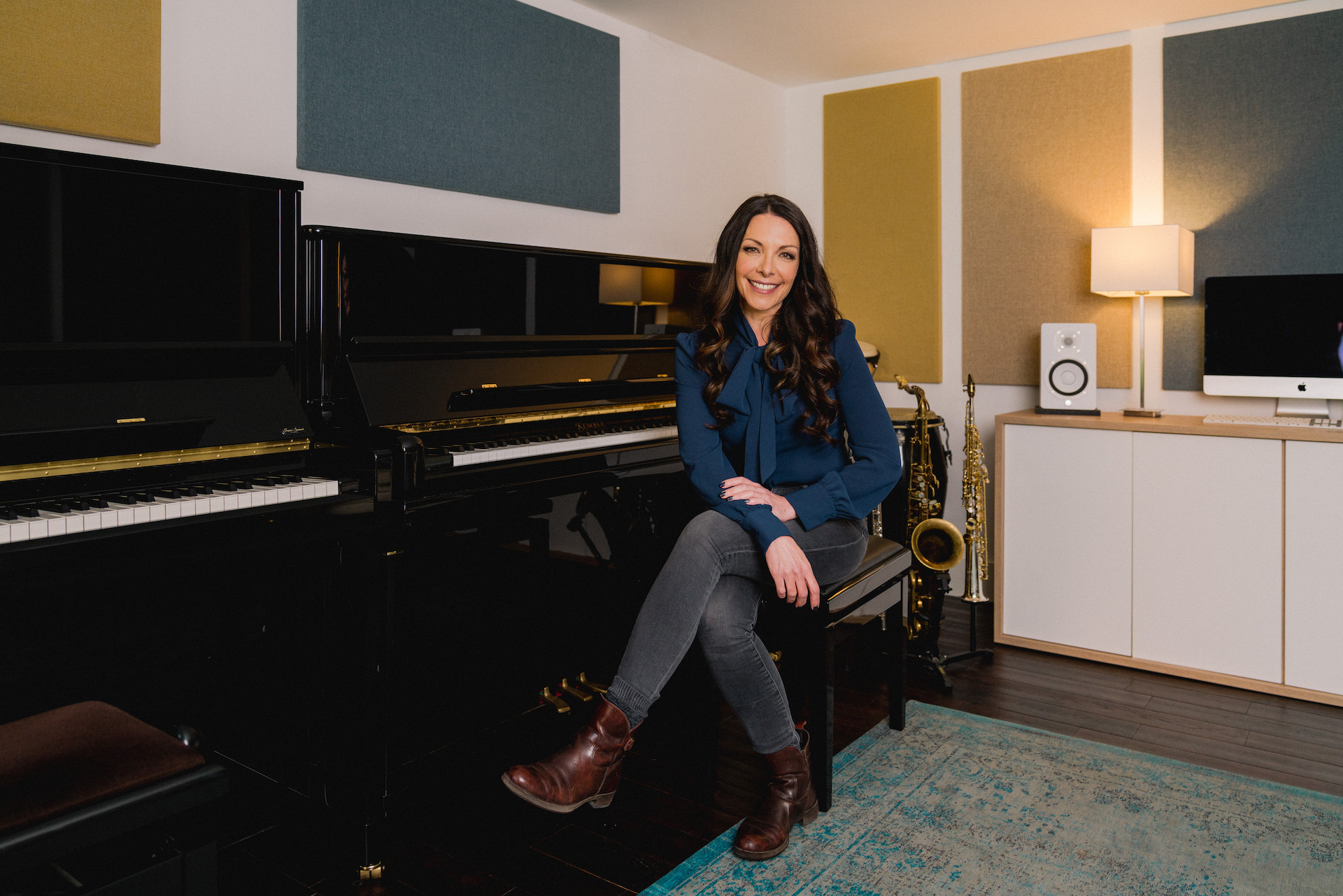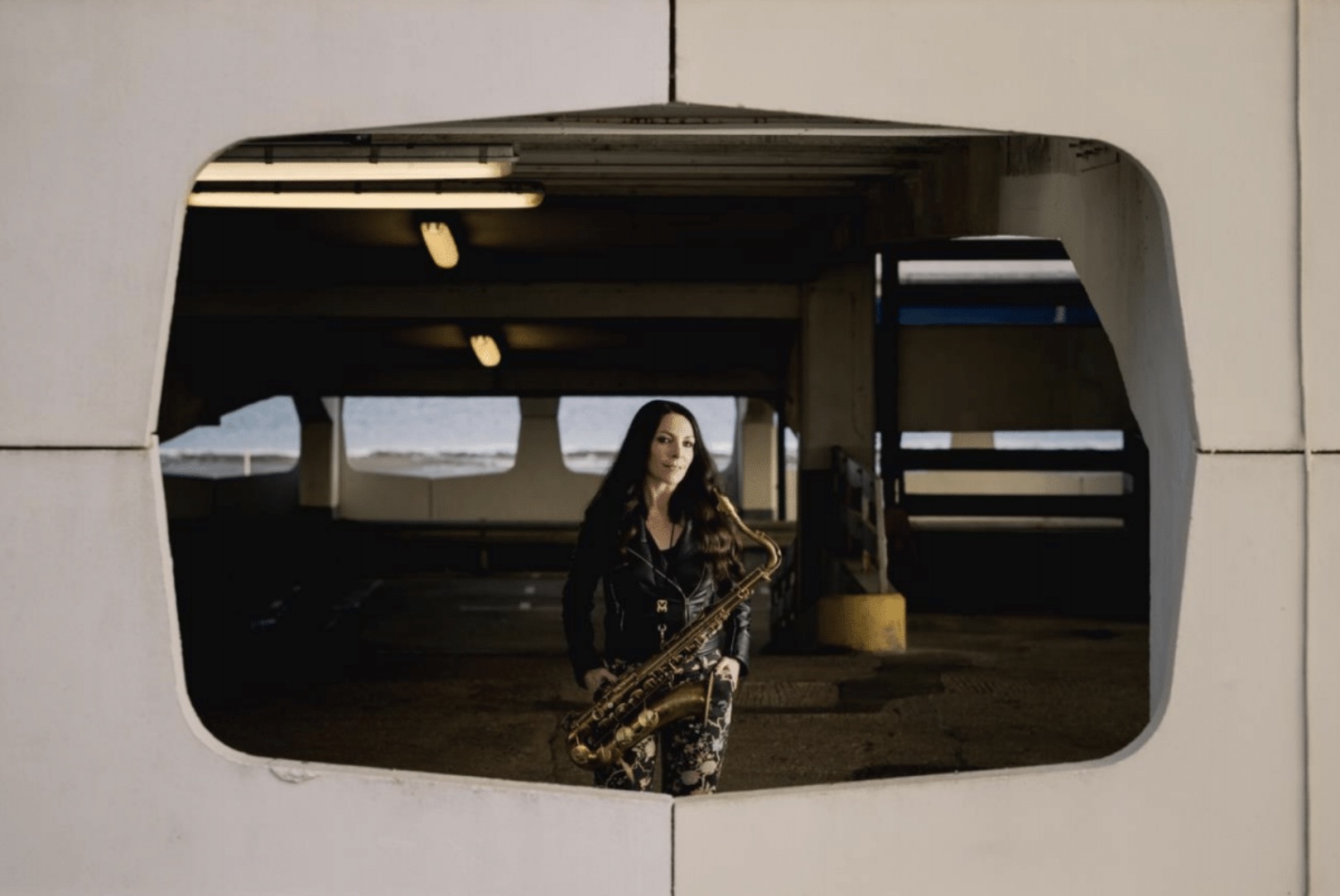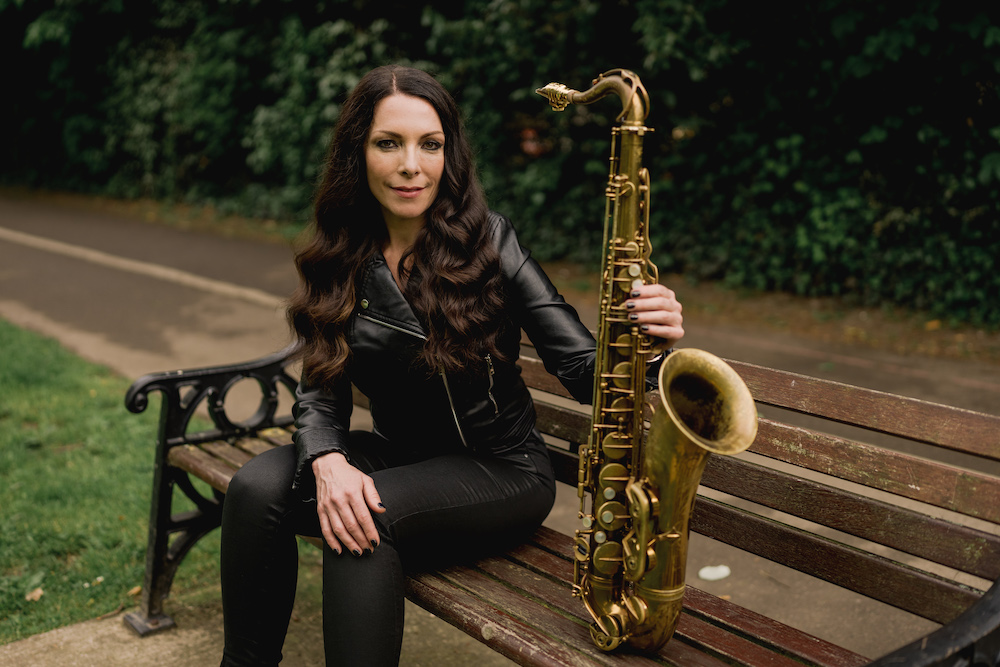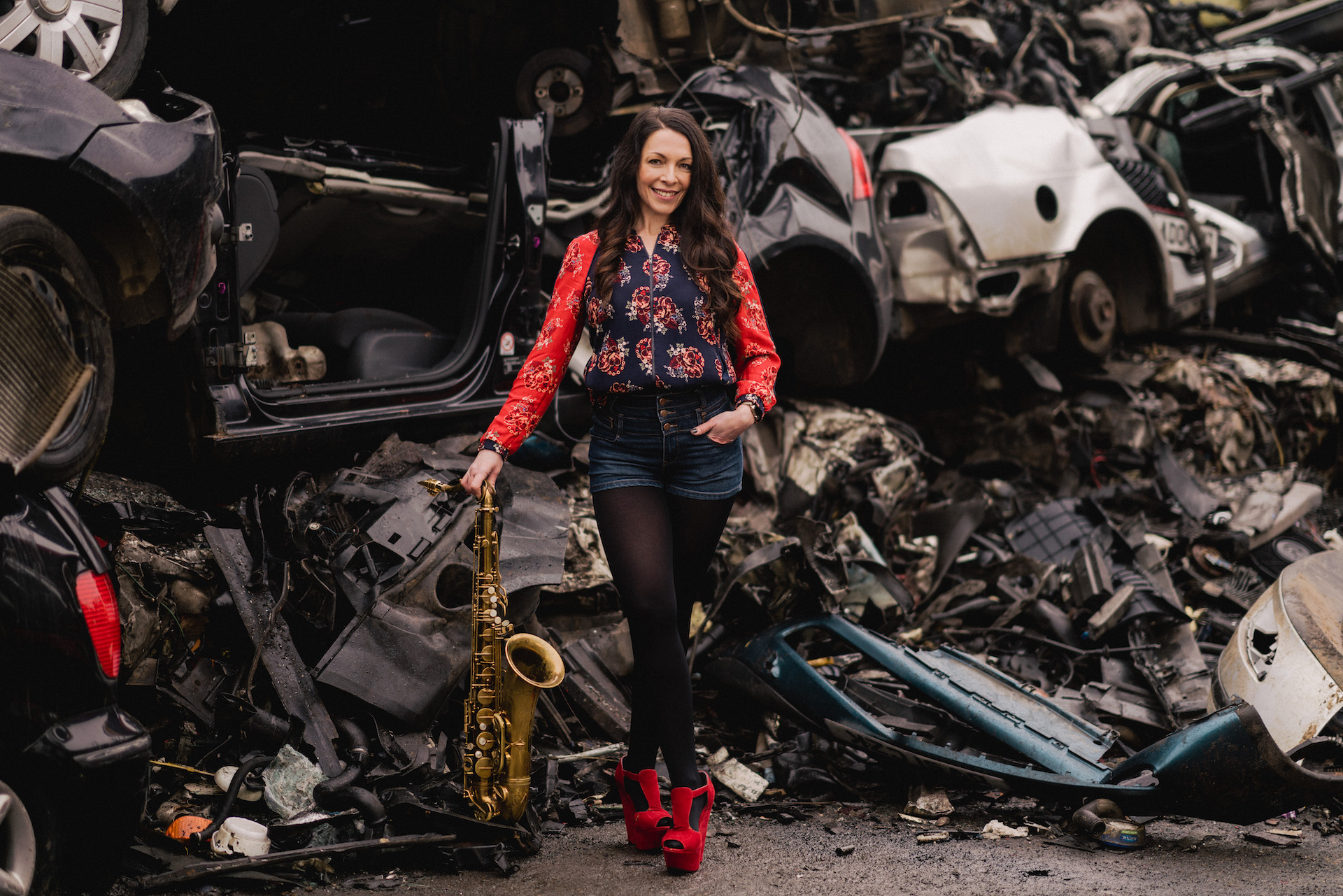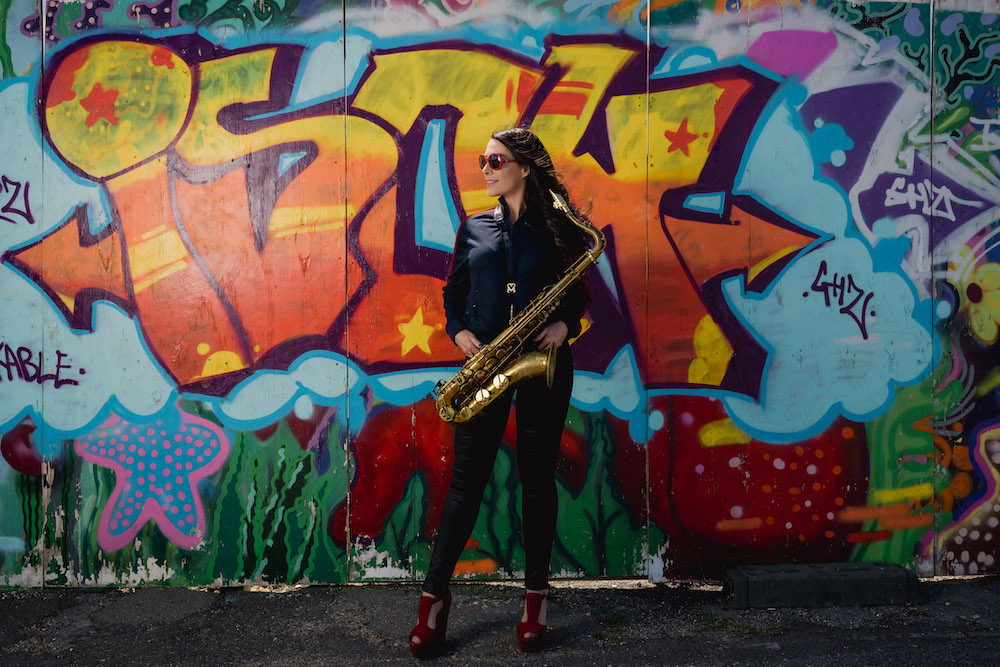We all know how intimidating it can be to start from the beginning. Finding yourself a novice again sometimes feels disheartening, and that’s especially true as you move into middle age and beyond.
There’s something about the experience that makes people think twice before setting out to learn a new skill. And yet, life is all about developing and growing. If you really take that to heart, it means you will find yourself, from time to time, a beginner again.
That isn’t a problem if you know how to learn a new skill. Unfortunately, many people either haven’t thought much about it, or they need a refresher course.
Below, I’ve put together some of the most important principles to learn a new skill at any age. These are tried and true, science-backed methods to make sure you get better and better. The best part is their adaptability. They can be applied to pretty much anything you are looking to learn.
Why are these so important to understand? Because the more confident you are in learning new skills, the more likely you are to do it!
You Are Never Too Old to Begin

The most important thing to remember when you set out to learn a new skill is that you are never too old to start.
It’s amazing how quickly this attitude sets in. You’ll hear people in their late 20s talking about how they missed their opportunity to learn something! It just isn’t true. And it remains untrue for the rest of your life.
Need an example?
Musician Angela Alvarez recorded her debut album late in life. At the age of 95, she won the Latin Grammy for Best New Artist in 2021. While plenty of other people would have told themselves it was too late in life to go on this adventure of recording an album and releasing it, Alvarez said yes.
The result? She won a Grammy.
You should never limit yourself based on some abstract concept like your age. The human brain is designed to learn new skills. Will you be able to pick something up as easily as a child? Maybe not, but that doesn’t mean you can’t pick it up at all. And who knows? You might just surprise yourself.
The truth is, while young brains are great at learning new things, your brain is never too old to acquire a new skill. In fact, the more you apply yourself to learning things, the better your cognitive health is preserved over the long run. So really, as you get older, learning new skills becomes more essential.
Cultivating a Beginner’s Mind
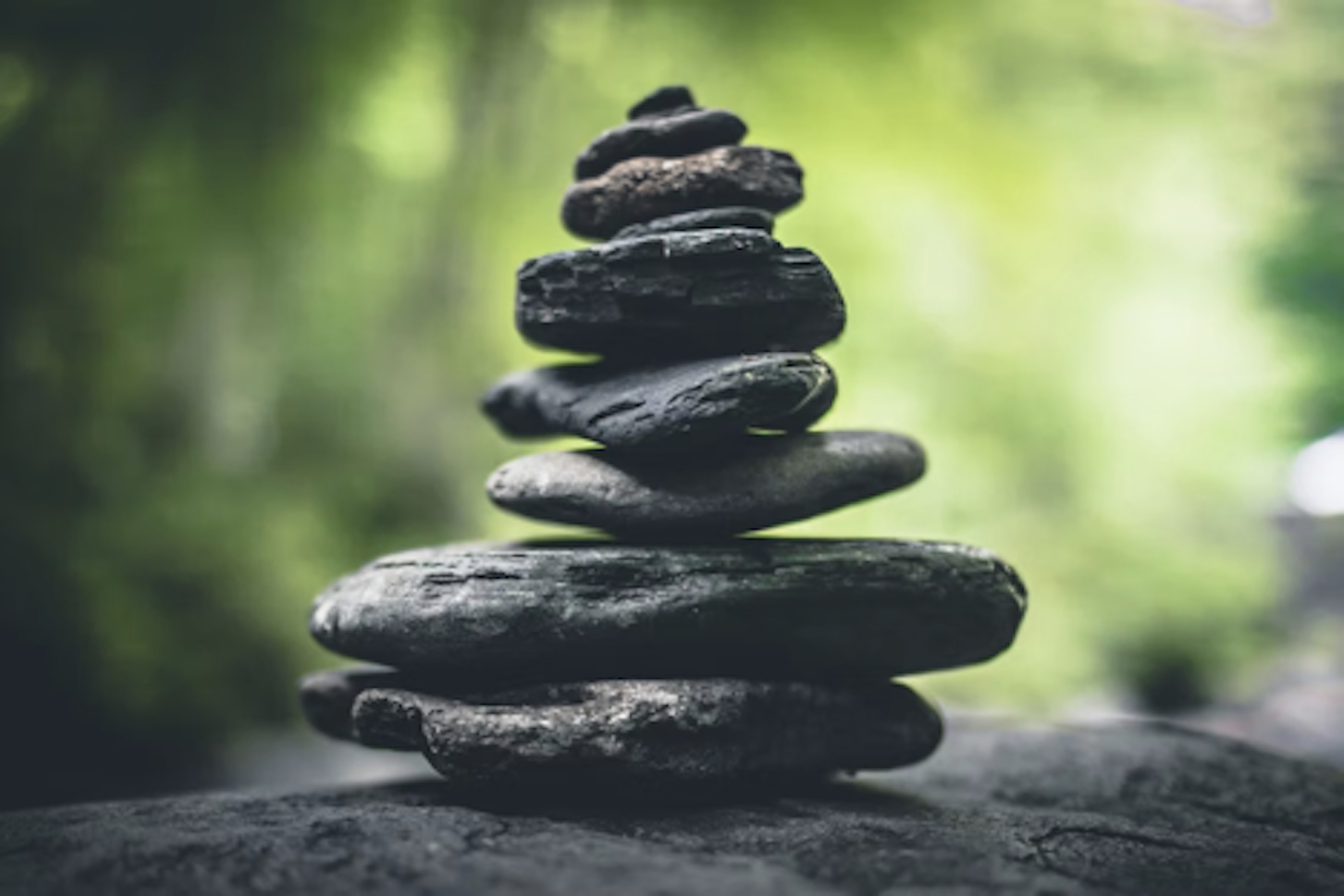
You don’t need to be a meditation guru to take advantage of this all important idea in Zen Buddhism: beginner’s mind.
So what is it?
Beginner’s mind (or shoshin) is the virtue of embracing what you are learning the way an earnest beginner would. It means you are humble and eager before the subject, leaving behind your preconceived notions and ego.
Zen practitioners don’t just encourage this in people new to a practice. They stress it at every level of mastery. That’s because we are always more effective when we set aside expectations and release our need to succeed based on our ego.
One of the biggest hang ups most people have when it comes to learning something new is pride. They are worried they will look like a fool.
In the end, having high expectations of yourself will prove to be paralysing. You won’t want to start at all.
But with a beginner’s mind, you see it differently. One isn’t concerned with how they will look, because they aren’t expecting mastery of themselves. It is only when we build up this idea in our heads that we should be good at something that we feel foolish for being a novice.
Have Fun First and Foremost
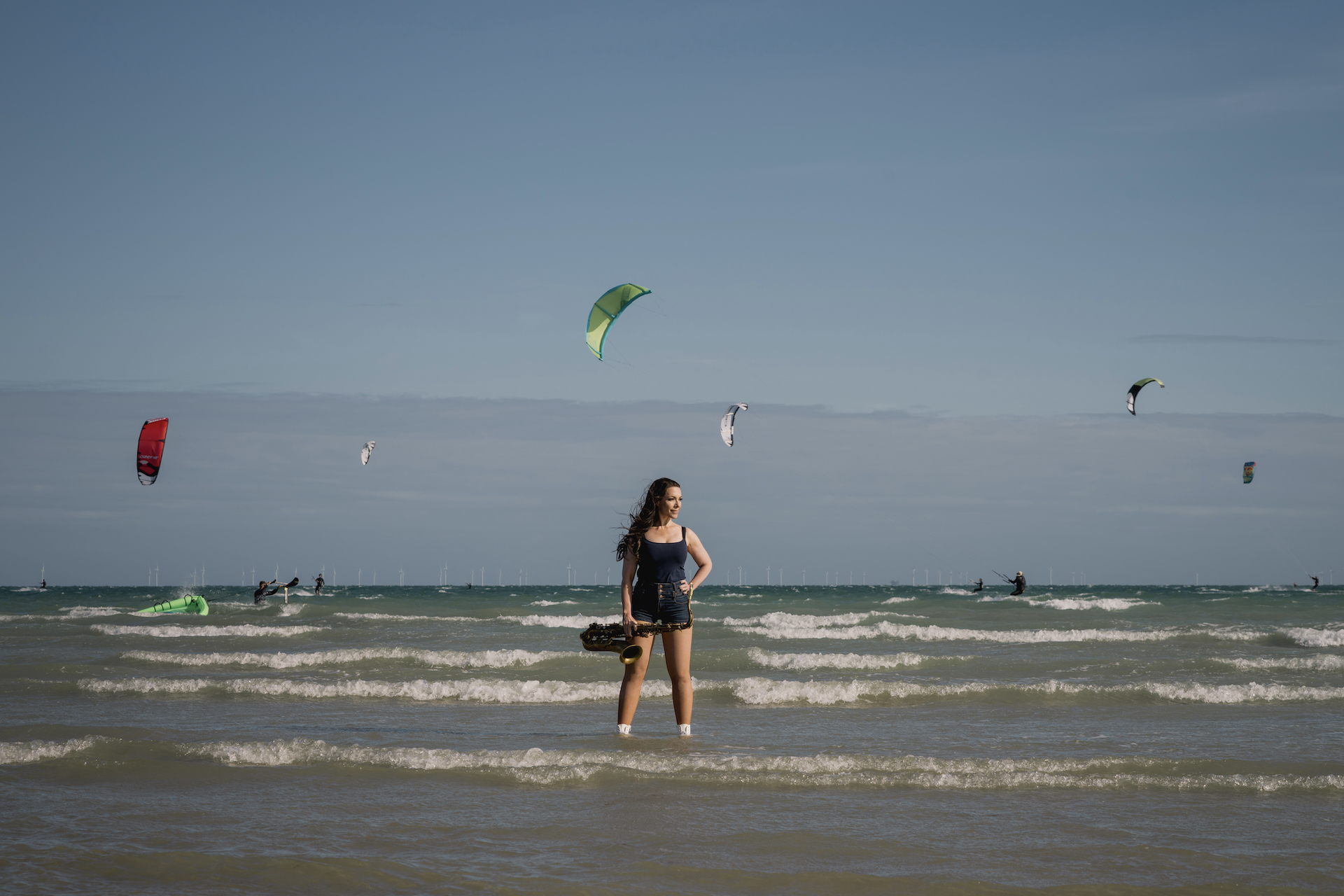
Sometimes learning a new skill is all about knowing what new skill to learn.
In my experience, the best way to pick is by asking yourself what you enjoy doing. If you love cooking, find a new cuisine to conquer. If you enjoy performing in front of people, maybe try out an improv class. Whatever your interests, it is always key to find something that you will enjoy from day one, no matter how good you are at first.
Why is it imperative to find a skill you actually enjoy learning? Because it takes all the pressure off of your performance.
Think about it. If you don’t really like doing something, the only thing you will get out of it is the outcome. If you want to learn carpentry because you want great looking cabinets, but you hate every second working with wood, the entire process is going to be a slog. Because when you are a beginner carpenter, those cabinets are likely to be, well, less than fantastic. All that suffering for nothing.
You can’t expect to be great at a new skill right away, but as long as you enjoy the process, that won’t matter so much.
If you put too much stress on the end goal — like total mastery of a new skill — the first steps are going to be tedious, disappointing, and ultimately discouraging. Doesn’t sound like a lot of fun, right?
On the other hand, if you focus on the process of learning itself because it’s fun on its own, you won’t stress if the end result is subpar. And over time, as the results get better and better, you’ll find that good outcomes are all just cherries on top.
This disconnection between pleasure and outcome gives you an endless ability to learn, because you won’t have big expectations on your shoulders.
Practise With Purpose
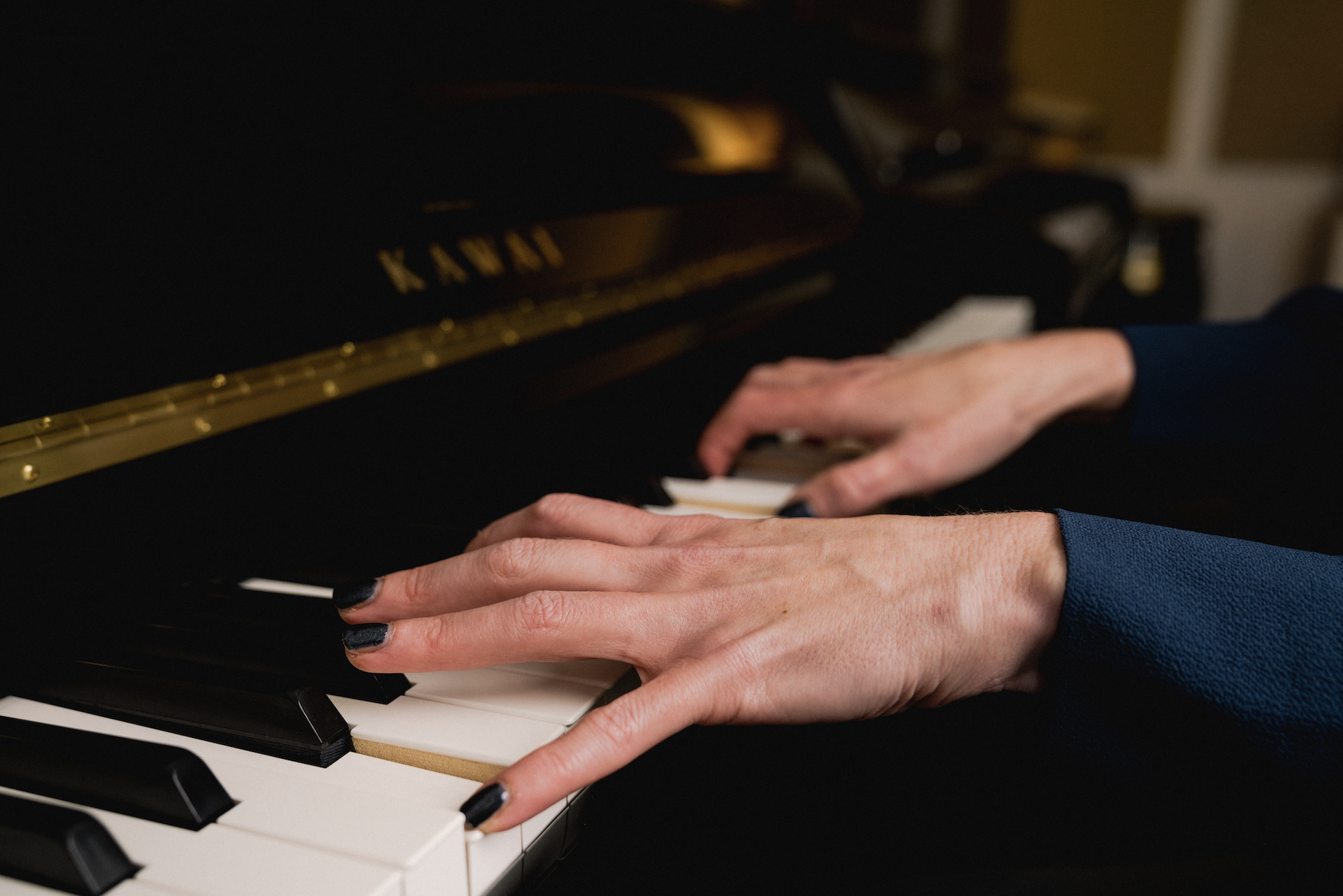
If you want to learn a new skill, it’s important to have a structure in mind as you practise. This will give you firm footing to know what you need to do next.
Many people will pursue an interest vaguely, picking it up here and there, not really planning ahead for where they are going. This will end up with some improvement, but it will take much longer.
If you create a plan, or find one that an expert has devised for you, the effectiveness of each practice session is likely to be much greater. That steady progress means you’ll see quicker results, which will provide encouragement and forward momentum, so it all feeds into itself.
Another big part of having a plan is that it reduces the mental load of starting.
To illustrate this, let’s say you are trying to learn how to play a musical instrument. If you don’t have any plan in place, beginning a practice session takes several steps. You need to find a piece of music you’d like to play, and maybe you will want to think about what techniques you’d like to work on that day.
While those tasks don’t sound enormous, they can be the difference between deciding to practise in the evening and feeling like you’d rather skip it that day.
The more work that’s done ahead of time, the less friction your transition into practice has. That lack of friction means you are much more likely to get in the time necessary to build your new skill.
Learn Together
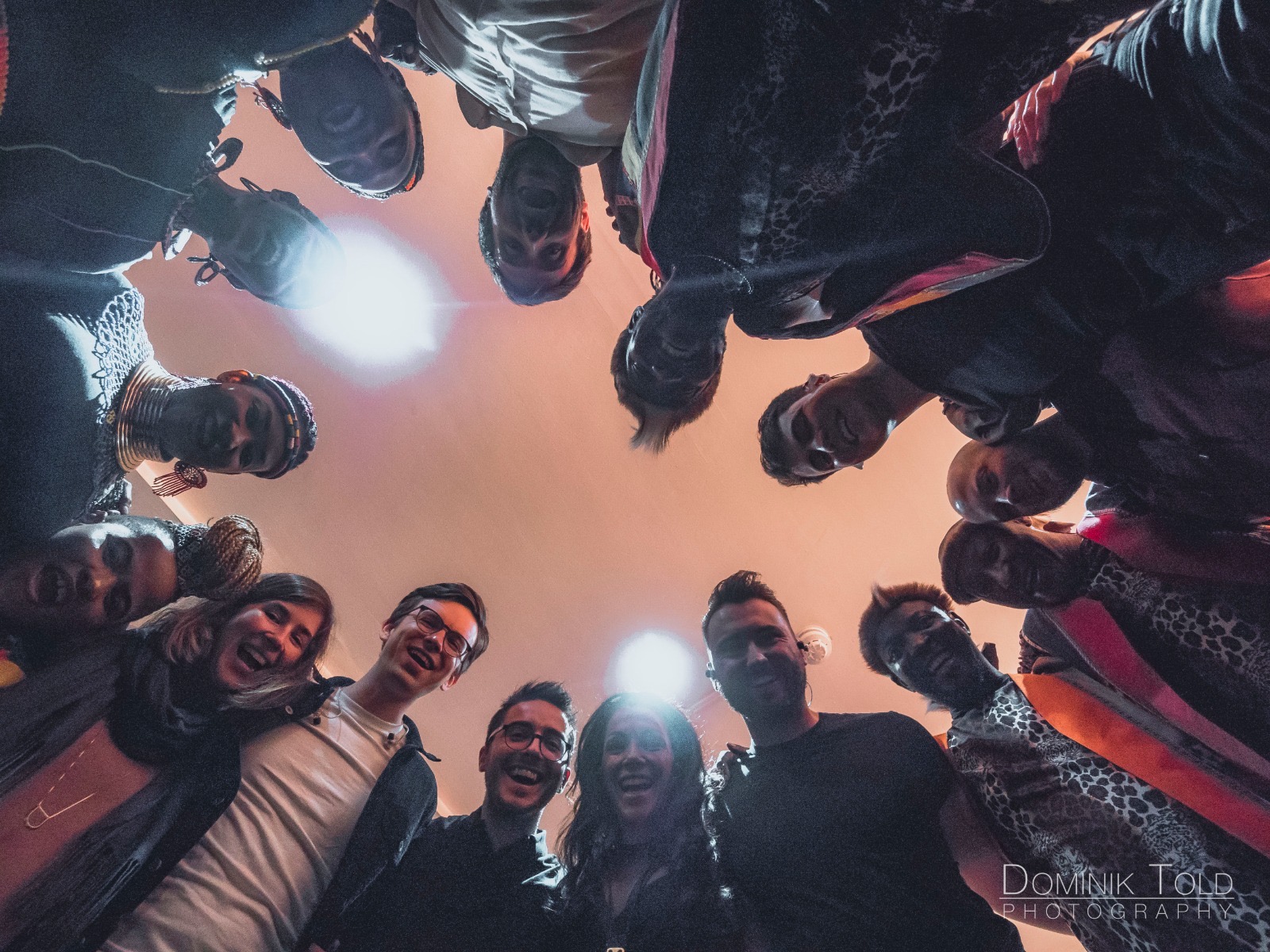
One of the biggest force multipliers in learning comes from peers. Peers are those other learners that are more or less at the same level we are. They provide many different benefits to our own learning process.
First and foremost, they give us a chance to relate our own experiences. A peer will likely be going through similar triumphs and troubles, so they will easily empathise. That social connection makes our understanding of the learning process that much richer, encouraging us to continue our journey.
Social groups also mirror how we see ourselves. If you are learning to play chess, and you know people who are doing the same, you are more likely to continue learning the game. Have you ever heard the rule that you are the average of your five closest friends? This is kind of the same idea: you are more likely to do things if people around you do them.
Plus, having peers makes our expectations much more realistic. When you are learning a new skill, you will probably spend a lot of time listening to the experts. You’ll watch their YouTube videos and read their books, and while that gives you a lot of great information, it will also mean constantly comparing yourself to a master in the field.
Beginners should not expect that of themselves. But when they have peers to compare themselves to, they can begin to really see how they are progressing.
Last, but not least, peers can also encourage a healthy competitiveness. When you see someone at your level able to do something you can’t, it pushes you to excel in a way you haven’t yet. While competitiveness can certainly become toxic, a dash of it is that secret ingredient to propel you further than you thought you could go.
Take Advantage of Mistakes

When you are learning a new skill, mistakes can provide valuable information. And yet, most learners will simply move on from them as fast as they can.
If we take time to actually track and understand the mistakes we make, we can learn how to learn better. After all, a mistake shows you an area that can use improvement.
In every skill, there are many subskills that have to come together. A mistake in carrying out a task will point to a subskill that could use more support through practice. This allows us to drill down on weaknesses. Over time, we will develop a balanced skill by ensuring that all of our subskills are growing at the same rate.
This act also makes mistakes feel a lot less like failures and a lot more like opportunities — which is transformative in our overall motivation. A mistake doesn’t have to create a pang of defeat, but a spark of inspiration to practise.
By keeping tabs on mistakes, we also cultivate that beginner’s mind we talked about earlier. It builds humility into the process, reminding us that we are not expecting perfection from ourselves, only improvement over time.
Mix It Up
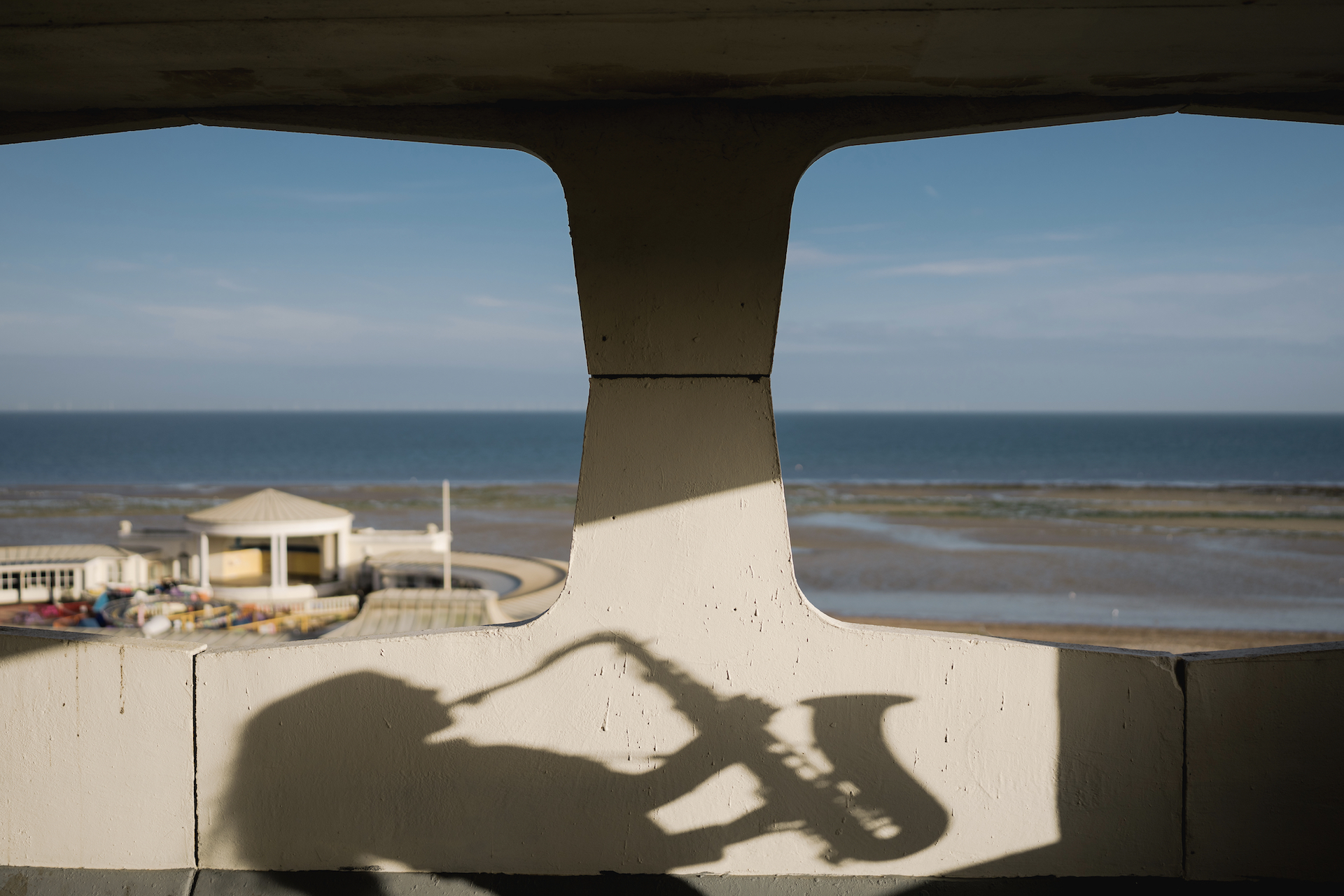
Many beginners forget to vary how they practise a skill. I’ve seen this a lot in music, where budding musicians will do the same things over and over again. While there is a time and a place to really focus on specific things, you have to vary how you practise.
If you don’t, you end up developing subskills that are way too specific. Let’s say you are trying to get good at billiards. Do you want to know how to hit most shots pretty well or one single shot expertly?
It’s always better to have a more general and adaptable form of a skill, because then you can face unique problems as they arise.
What’s more, when we get too myopic in our practice, we lose our sense of play in the whole thing. It becomes routine quickly. Pretty soon you will drain all the fun out of the activity. And when something isn’t enjoyable to do, you will have to drag yourself kicking and screaming to practise it.
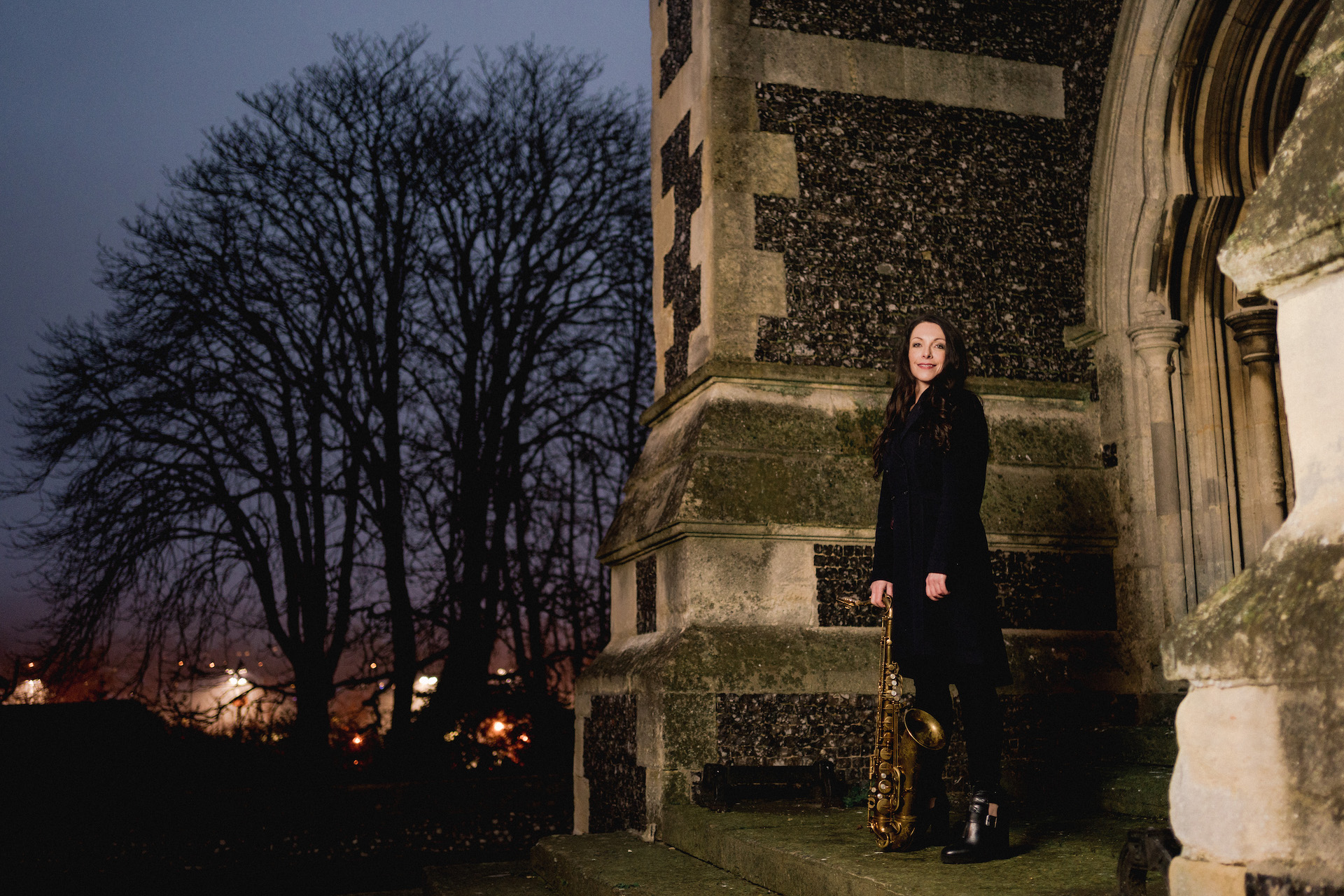
Learning Is a Lifelong Activity
Whatever your age, you can always come back to a beginner’s mind. If you have the right approach, this can be a fun and rewarding way to grow.
No matter what you are trying to learn (or what age you are learning it at), you can do it!


